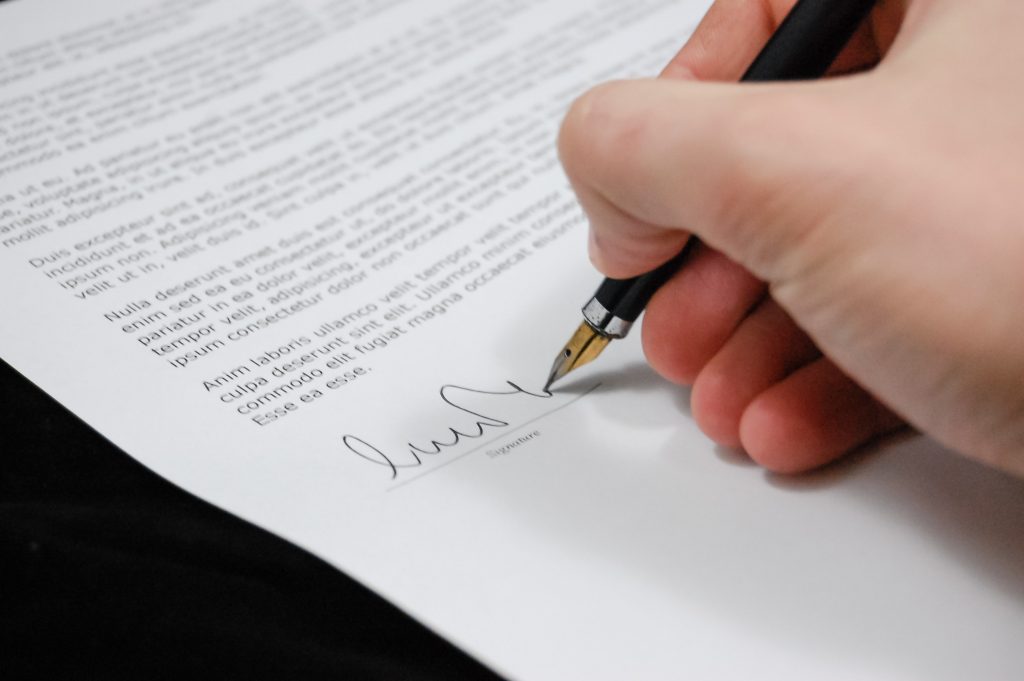Deed fraud is a form of identity theft that most people have never heard about. It happens when someone steals your identity and then forges your name on the deed. At this point, they may take the deed to your home.
While this commonly happens when someone dies (and the house gets inherited by someone), it can also happen to vacation and abandoned homes. However, they can also do this with homes that are being lived in. Sometimes, the criminal will live in the home, while other times, they attempt to sell it to someone else. This only makes it more complicated.
So, how can you avoid deed fraud? Here are some tips to help.
Know the warning signs. It is important to know the warning signs. If you get a notice for an unpaid bill (such as a tax or water bill), you may be looking at a deed fraud. You may also get a notice of foreclosure since you aren’t paying the mortgage (because you didn’t know about it). You may also see activity in a home that should be empty.
Make sure that everyone that you do business with has your correct address. It is important that your addresses are up-to-date with all of the people that you do business with. This includes your water and electric company, along with your taxes and much more. Any bills that you should get need to go to the right place – your home.
If you are away from your home (or it is vacant), you may want to have your mail forwarded. Many criminals who specialize in identity fraud search mailboxes for clues. If you are going away on vacation, you need to either stop the mail or have someone else pick it up.
Watch your credit reports. One of the easiest ways to find any deed (or any other type of identity) fraud is by monitoring your credit report. You should check the three major agencies, such as Equifax, Experian, and TransUnion.
Most companies allow you to check them at least once a year. If you space them out right, you should be able to monitor your credit throughout the entire year, without hurting your credit.
Check the status of your deed. Most local registries can be found online. You may even find that your registry has a service that will notify you when actions are done that affect your property.
Act quickly if you do notice that something is wrong. You should talk to the local police at the first sign of deed theft. Once the police file a report, you can take that to the city register’s office. You may also want to consult a lawyer right away. He or she will help you decide what you need to do legally to protect yourself.
Look into an owner’s title insurance policy. Owner’s title insurance can help to protect you against deed fraud. It can help to cover the costs that may occur with deed fraud.
If you are serious about deed (and identity) fraud, you need to know the warning signs. If you are getting notices that you haven’t paid your bills (or even get a foreclosure), you may want to investigate. You may also notice that there is activity in a home that was currently vacant.
You also should watch your credit reports. Most companies allow you to check your reports every few months for free. If you do it correctly, you can check each one once a year without hurting your credit score. By spacing them out, you can check one every three or four months.
You may also want to look into an owner’s title insurance policy. This will help you recover the cost that you may deal with if your identity is stolen.
Contact us to make sure that you are protected against title fraud.

